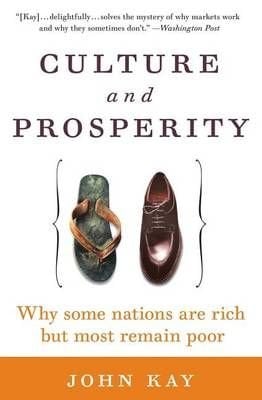Incentives for innovation are particularly relevant in the pharmaceutical industry where not all social needs provide equally profitable opportunities and where most OECD countries try to implement different measures that promote research in these less profitable areas. This book describes how incentives can be provided to deal with less profitable activities when no clear markets exist for the innovations. The book discusses alternative mechanisms to substitute for inexistent markets, situations where traditional instruments have proven totally insufficient, and the clear mismatch between the size of the markets being targeted and the incentives being provided. Patents become an ineffective way to incentivise R&D when the appropriability is low; this book provides alternative ideas such as allowing for a period of data exclusivity to firms that develop new drugs.












